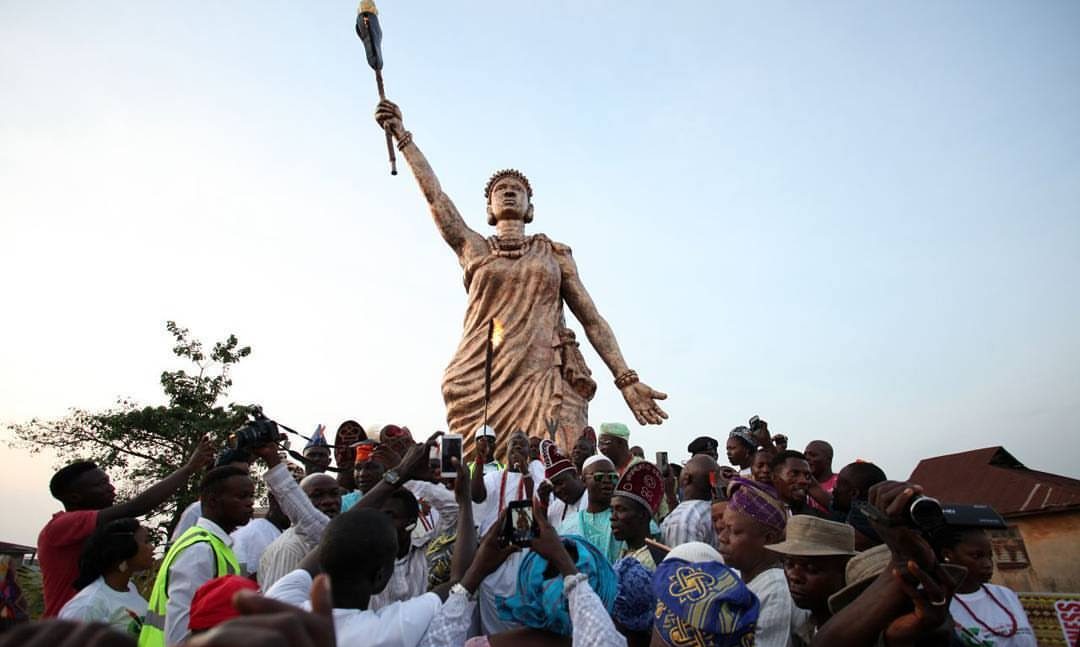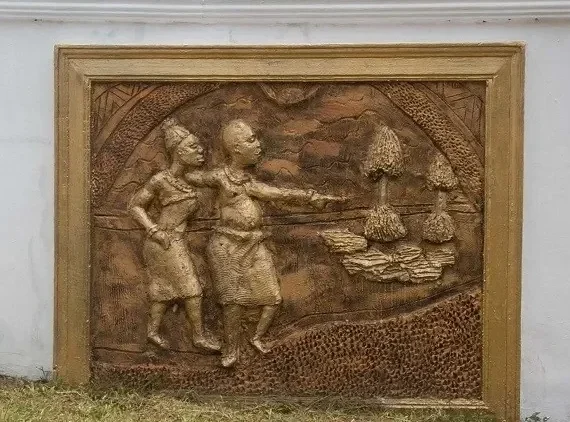Who Was Moremi Ajasoro?
Moremi Ajasoro was a queen and a warrior of the Yoruba people in the 12th century. She was married to King Oranmiyan, the ruler of Ile-Ife and a descendant of Oduduwa, the mythological progenitor of the Yoruba people. Her legacy is tied to her bravery, intelligence, and self-sacrifice during a time of crisis for her people.
The Threat of the Igbo Invaders
At the time, Ile-Ife was under constant threat from mysterious and formidable raiders, often identified as the “Igbo” (though they were not the same as the modern Igbo ethnic group). These invaders were feared for their supernatural abilities and brutal raids. The people of Ile-Ife, despite their military strength, found themselves unable to defeat them.
Moremi’s Sacrifice for Her People
In an extraordinary act of courage, Moremi volunteered to infiltrate the enemy ranks. She sought guidance from the river goddess Esimirin, offering her a vow of self-sacrifice in exchange for success. Disguised, Moremi allowed herself to be captured and taken as a slave by the invaders.
During her time with them, she carefully observed their practices, weaknesses, and battle strategies. She discovered that their perceived supernatural powers were simply a tactic -they wore raffia costumes to appear fearsome. Armed with this knowledge, Moremi escaped and returned to Ile-Ife, revealing the secret to her people. The Yoruba warriors, now equipped with this vital information, defeated the invaders by setting fire to their raffia costumes, rendering them powerless.





